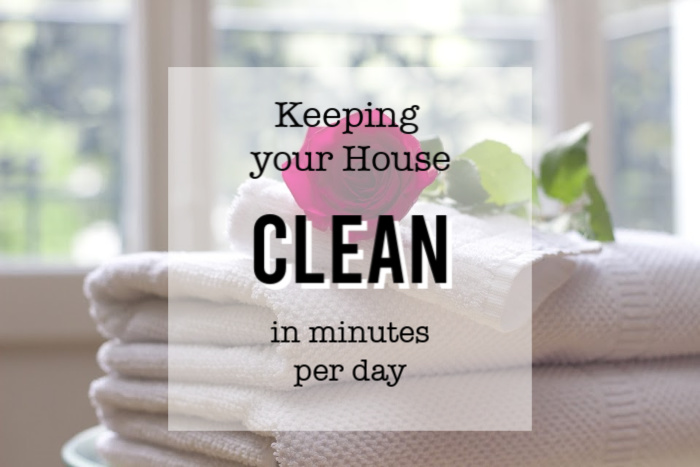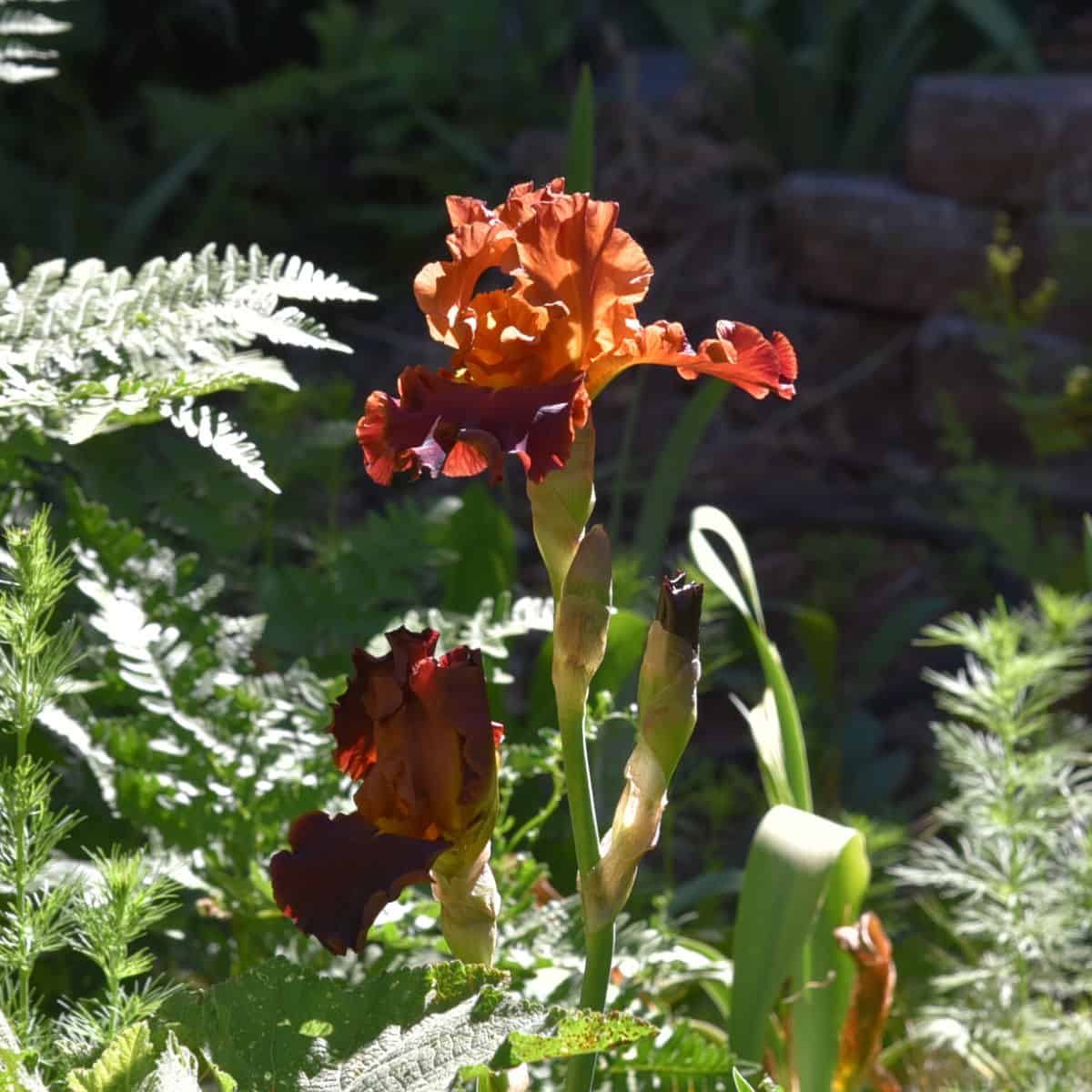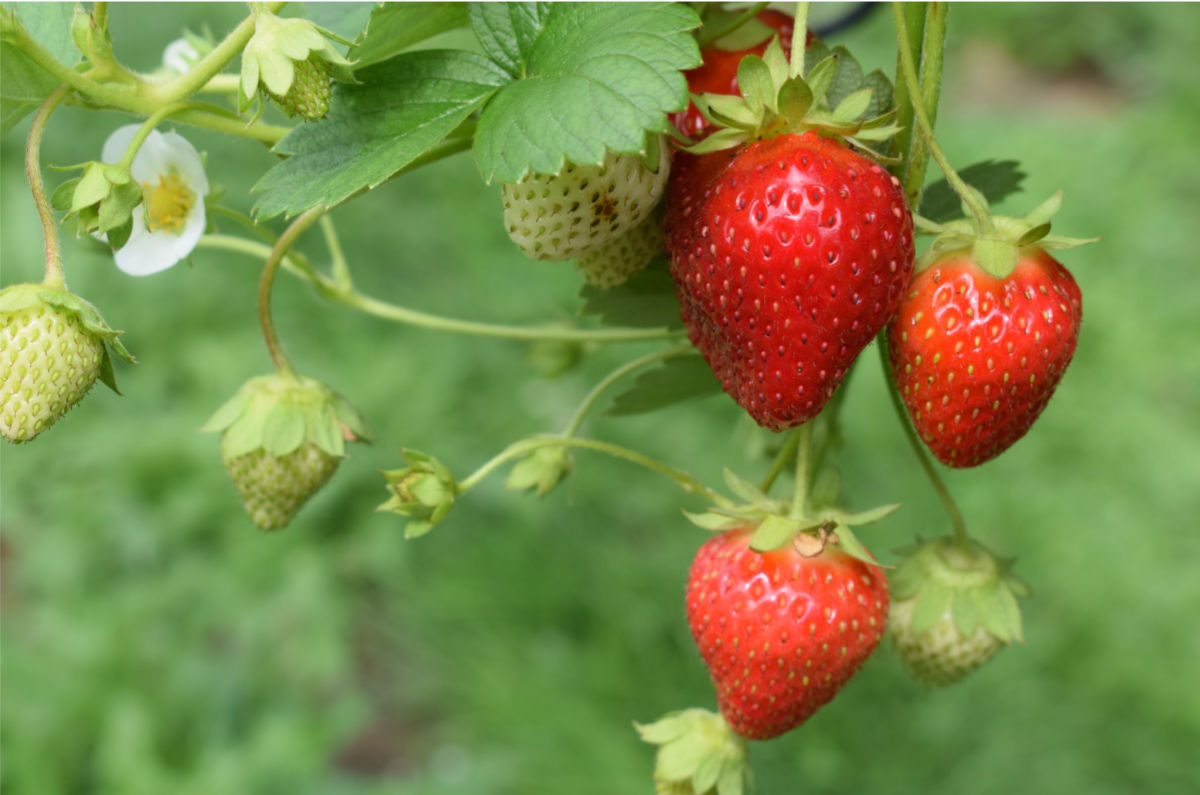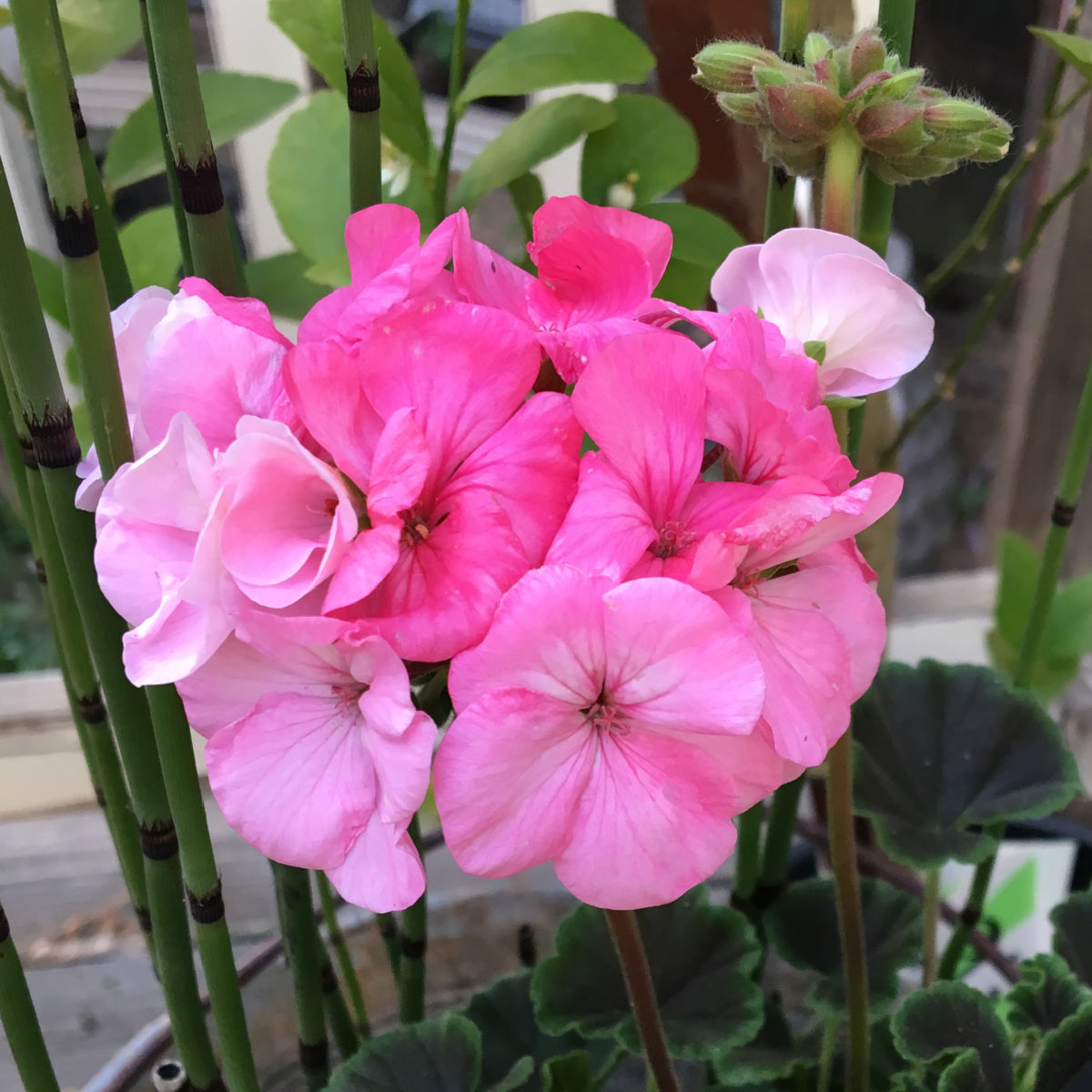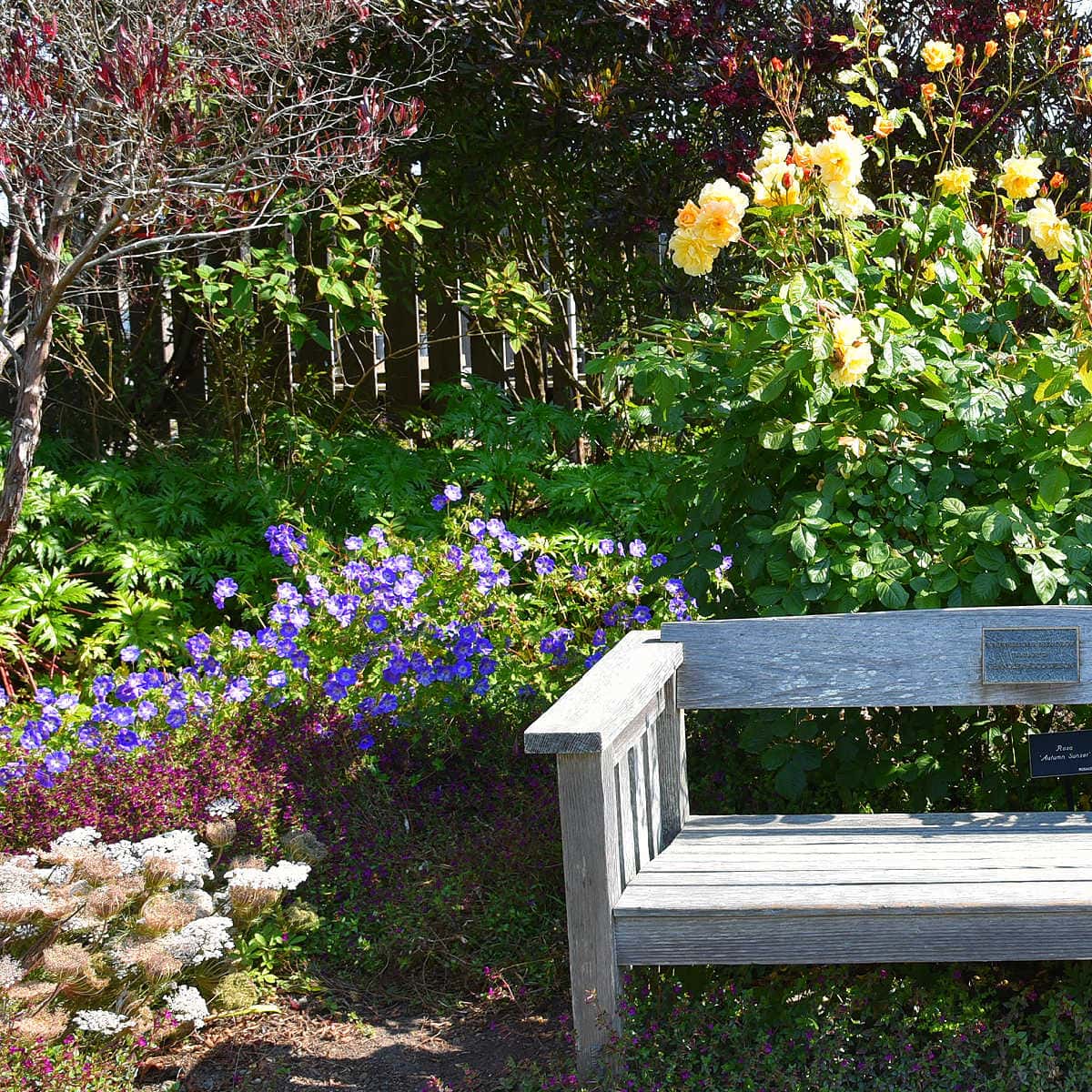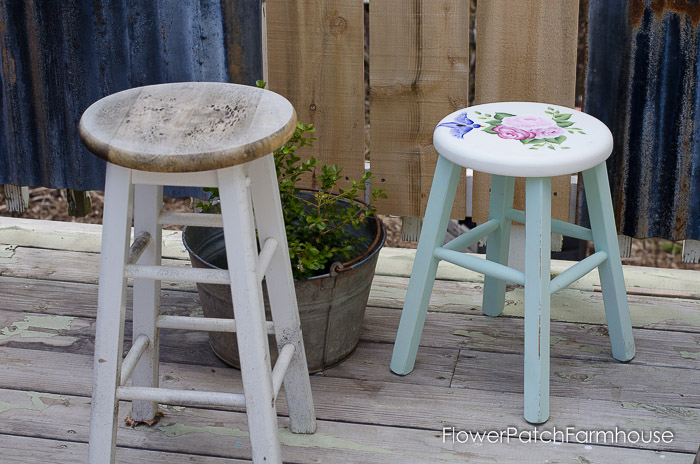Starter Fertilizers, the Myth that Needs to Die!
Let’s Talk About Starter Fertilizer and Why You Don’t Need It!
When it comes to nurturing a flourishing garden, countless myths and misconceptions can lead even seasoned gardeners astray. One such belief revolves around the necessity of starter fertilizers for best results.
In this article, we’ll delve into the science behind plant growth and explore why starter fertilizers might not be as essential as they’re often made out to be.
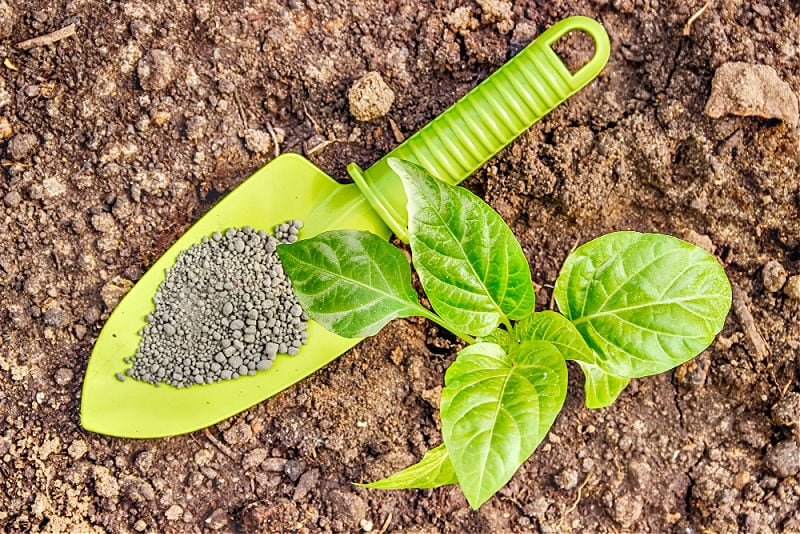
This post contains affiliate links. If you make a purchase after clicking a link I may make a small commission at no cost to you.
You often see fellow gardeners advising you to pour starter fertilizers into the planting hole when putting in new plants.
I am going to give you a brief rundown on why you don’t need them. This will save you time, money, and maybe even the environment!
What we will talk about
- 1. Understanding Plant Nutrition
- 2. Native Soil vs. Fertilized Soil
- 3. Root Development and Fertilizers
- 4. Potential Environmental Impact
- 5. The Role of Organic Matter
- 6. Alternative Strategies for Healthy Growth
What Plants Need to Grow
Plants require three primary nutrients for healthy growth: nitrogen (N), phosphorus (P), and potassium (K). These elements are important for various stages of a plant’s life cycle along with a smattering of other micronutrients.
Nitrogen aids in leafy green growth, phosphorus supports root development, and potassium is essential for overall plant vigor.
Typically these are available in regular fertilizer with a 3-2-1 ratio listed on the packaging. (always follow application rates on packaging)
Find one of my favorites here: Eco Organic Sustainable Liquid Fertility (affiliate link) I love it not only because it works but because it is also made from food waste which would otherwise go to a landfill.
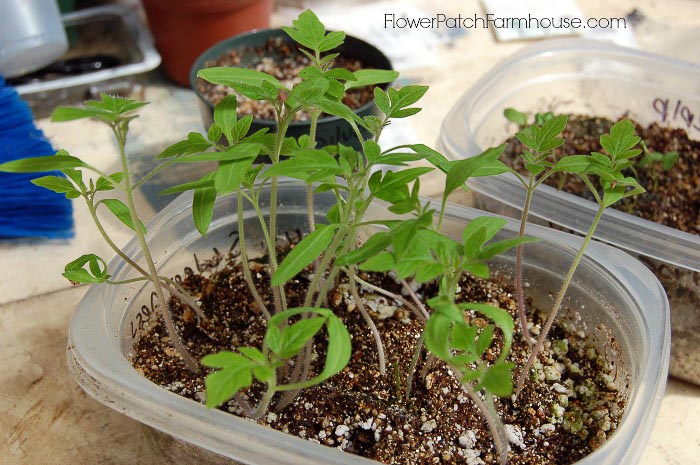
Regular Soil vs. Extra Help
Some people believe that starter fertilizers are necessary for jumpstarting plant growth or deep roots. This includes planting both existing plants or when planting seed.
However, it’s important to recognize that most soils already contain a reasonable amount of these essential nutrients. The composition of native soil can vary, but it generally provides a baseline of nutrients that young plants can draw from.
In my Soil Amendments post, I share the research that shows the detriment of adding anything to the planting hole at planting time.
Big Garden Myth: Soil Amendments when Planting
So before you add anything extra, find out about your current soil fertility with a soil test. The overuse of fertilizers is often the number one mistake new gardeners make. This includes Starter Fertilizers!
Root Development and Fertilizers
Starter fertilizers are often touted as a means to promote rapid growth and robust root systems. When in fact they do the opposite and encourage your plants to wrap their roots around in the hole rather than stretching out into the surrounding soil.
This creates the same issues as a pot-bound plant, which is the roots running round and round in the hole.
One ingredient in starter fertilizers reputed to aid in root development is phosphorus in the form of bone meal.
Related: Bone Meal, What’s the Harm?
In well-balanced soils, plants can extract sufficient phosphorus naturally and adding more does the opposite of what you hope to achieve.
Being Kind to Nature
Using starter fertilizers can also have unintended consequences for the environment. Excessive use of even organic fertilizer can lead to nutrient runoff, contaminating nearby water bodies and disrupting local ecosystems.
By relying on natural nutrient cycles within the soil, we can mitigate these environmental risks and save ourselves a lot of money.
Save the amount of money you would spend on a bag of starter fertilizer for more plants or seeds!
Did you know the #1 mistake most new gardeners or even established gardeners make is overfertilizing?
Magic from Compost and Friends
One of the most effective ways to enrich your soil is by incorporating organic matter.
Compost, well-rotted manure, and other organic materials provide essential nutrients for strong roots and improve soil structure and water retention. This natural approach supports a healthy and sustainable garden ecosystem.
I especially like adding a layer of compost to my gardens in early spring and early fall to help with healthy root systems on my plants. The best time in your garden can vary depending on your growing conditions.
Mature plants benefit from the addition of compost as well. My climate can be tricky and I can’t get to this until late spring but since the total nitrogen from compost is slow release it doesn’t hurt even new seedlings.
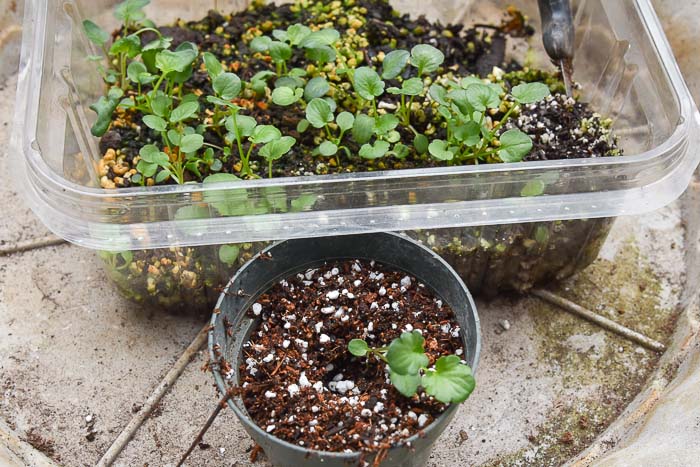
Alternative Strategies for Healthy Growth
The good news is there are alternative strategies to promote robust plant growth instead of starter fertilizers:
1. Comprehensive Soil Testing:
Conduct a thorough soil test to understand its nutrient profile. This will allow you to make targeted amendments based on specific deficiencies.
But if you don’t want to take the time for that then be content with building your soil.
2. Mulching:
Applying organic mulch around plants helps retain soil moisture, regulate temperature, and suppress weeds. As the mulch breaks down, it also contributes valuable nutrients to the soil.
3. Crop Rotation:
Rotating crops annually can help balance nutrient levels and prevent soil depletion. Different plants have varying nutrient requirements, and rotation helps maintain a healthy soil ecosystem.
When planting you want the roots to make friends with your native soil rapidly and if you add a starter fertilizer to the planting hole it interferes with this process. The roots tend to stay right there as it is getting fed rather than reaching out into the soil around them to find the nutrients.
After planting your new shrub, annual or perennial, add some compost on top as a mulch or just use a regular mulch and the nutrients it needs will become available in short order.
In the meantime, your plant will be stretching out its roots to find what it needs creating a great root system. Bigger root systems mean a healthier plant.
If you have been doing your due diligence in building your soil then you have more than enough nutrients for all your plants, even newly planted ones!
all the best tips and tricks
Stop Fertilizing, Feed Your Soil Instead!
Wrapping it up!
So, do we need starter fertilizers? No! Save those $$$ for something else, like a plant that may be a splurge or even something equally indulgent.
With a bit of compost, feeding the soil, and some cool tricks, we can have amazing gardens without using too much extra stuff.
It’s good for our plants, and it’s good for nature, too!
Happy gardening!

